44 natural claims on food labels
How to Read Food Labels: Your Complete Consumer Guide In the United States, all front-of-package labels are voluntary, which allows food manufacturers to highlight or ignore nutrition information to help promote or preserve sales. While food labels can throw around generic terms like "natural" and "pure" with abandon, they're severely restricted in the health claims they can make. Here's How You Can Decipher Food Label Claims | Banner Health He told us that the Food and Drug Administration (FDA) and the U.S. Department of Agriculture (USDA) regulate some claims on food labels. "Some of these labels have stringent criteria, and they give you information on the nutrients they contain.
13 Misleading Food Label Claims and How Not to Be Tricked - Sentient Media However, when the term appears on packaging consumers tend to assume that the food item is of higher quality or healthier than non-organic alternatives. 13. Label Says "Zero Trans Fat" Foods that claim to contain zero trans fat can actually contain up to 0.5 grams per serving.

Natural claims on food labels
16 certifications natural foods retailers can trust The Certified Vegan Logo is a registered trademark for products that do not contain animal products or byproducts and that have not been tested on animals. No part of the process, from supplier to manufacturer, may be animal-derived and companies must provide verification to be certified. USDA Certified Organic Organic, cage-free, natural: What do food labels really mean? - Quartz In 2021, the three most popular labeling claims on fresh foods in the US, defined as poultry, seafood, and produce, were natural, no antibiotics, and no artificial additives, according to... What does the Label "Natural" mean on a Food Product? With a broad spectrum of definitions becoming a part of the debate, FDA has dived in and defined natural food products as the ones made of only "natural" items with no synthetic ingredient added. However, this definition has not addressed the methods of food production or processing. It means that companies can label products as natural in ...
Natural claims on food labels. Labeling Policies | Food Safety and Inspection Service natural casings to label the source of those casings, if the casings are derived from a different type of meat or poultry than the encased ... the nutrition labeling regulations to change the definition of "meal-type" products to allow for nutrient content claims on multiple-serve food containers, to adopt the definition of "main dish" used by ... FDA proposes updates to 'healthy' claim on food packages | CNN The US Food and Drug Administration is proposing changes to the nutrition standards that foods must meet before they can carry the "healthy" label on their packages. The proposal comes as the ... Top five misleading food labels - BC SPCA Here are some common food labels that might not mean what you think. 1. Natural claims The word "natural" may lead you to believe that the animal was raised outdoors. However, CFIA's definition of "natural" has nothing to do with how the animal was raised. Instead, it relates to the food product itself after processing. FDA proposes new rules for 'healthy' label on food packaging According to the FDA, the new rules would change the definition of "healthy" to reflect "current nutrition science.". Under these new rules, more foods like nuts, seeds and certain oils ...
Food Labeling & Nutrition | FDA Food labeling is required for most prepared foods, such as breads, cereals, canned and frozen foods, snacks, desserts, drinks, etc. Nutrition labeling for raw produce (fruits and vegetables) and... FDA proposes voluntary 'healthy' food label claim Claims like "healthy" on food labels can provide information to consumers to help them identify healthier food choices at a quick glance. ... a 'healthy' claim should reflect an understanding that salt plays a crucial role in the manufacture and ripening of natural and processed cheeses and impacts overall product functionality ... Food Labeling: Nutrient Content Claims; Definition of Term "Healthy" The statutory language describes nutrient content claims as claims in the label or labeling of a food that "expressly or by implication" "characterize the level of any nutrient in a food" (section 403(r)(1)(A) of the FD&C Act). ... 1 1/2 oz natural cheese or 1 oz processed cheese. For protein foods, a 1 oz-eq is: 1 oz game meat or ... Label Claims for Food & Dietary Supplements | FDA Among the claims that can be used on food and dietary supplement labels are three categories of claims that are defined by statute and/or FDA regulations: health claims, nutrient content claims,...
The Legality of Food Labeling Claims: FSIS's Regulations for Meat and ... If a food manufacturer wants to include an additional labeling claim beyond the mandatory labeling features and still wants to utilize generic label approval, it can do so if the additional labeling claim is defined in FSIS's regulations or the Food Standards and Labeling Policy Book. 9 C.F.R. § 412.2(b). FSIS has deemed the claims defined ... Food Label Claims - Farmer Focus Synthetic fertilizers, pesticides, and genetically modified plants are still considered "All Natural". Look for the USDA Organic, non-GMO, or certified naturally grown labels if you're trying to stay closer to nature. click here for FDA comments on the use of "All-Natural" on labels. CLAIM TO IGNORE: "RAISED WITHOUT ADDED HORMONES" OR "NO STEROIDS" All natural claim on label - HealthyLife | WeRIndia If a food labeled natural it may contain preservatives, injected sodium and potassium sorbate, sodium benzoate that are made from industrial chemicals. Some of the vegetable oil manufacturers who use pure and 100% natural use genetically modified crops like soybeans. Some food manufactures use hexane an air pollutant in "natural" food product. 8 misleading food marketing labels | AGDAILY Although a "natural" label usually implies healthier and/or safer, that's just not the case. Whether a chemical is natural or synthetic tells you precisely nothing about it's safety. This is a marketing label based off of nothing but the appeal-to-nature fallacy. 8. No Toxic Pesticides This phrase is used quite a bit to market organic foods.
Consumers' Interpretation of Food Labels with Production Claims Can ... Grass-fed is another production claim that is sometimes labeled on beef products. Grass-fed refers to beef derived from cattle primarily raised on a grass-fed diet. Consumers may be drawn to grass-fed beef for various reasons, such as nutritional values, taste, animal welfare, and environmental concerns.
Why 'Healthy', 'Natural' Labels May Hurt Your Food Company's Bottom Line The theory is that the more "natural" or "healthy" a food product appears, the more likely consumers are to purchase it. The use of any word or term on a food product label, however, could create significant regulatory or class action risk for food companies. For this reason, food companies should carefully consider any marketing term ...
CFR - Code of Federal Regulations Title 21 - Food and Drug Administration The information on this page is current as of Mar 29, 2022. For the most up-to-date version of CFR Title 21, go to the Electronic Code of Federal Regulations (eCFR). Sec. 101.22 Foods; labeling of spices, flavorings, colorings and chemical preservatives. (a) (1) The term artificial flavor or artificial flavoring means any substance, the ...
The FDA issues new guidelines on what foods can be labeled 'healthy ... The FDA started a public process to update the "healthy" nutrient content claim for food labeling in 2016. But critics have said the dietary guidelines have often failed to focus on the right ...
"All-Natural" Food Labels Are Misleading. Here's What It Actually Means The problem for us is, the government doesn't regulate the claim "natural." That means the ingredients could be 100% processed, and food manufacturers could legally call it "all-natural." From 2015-2016, the Food and Drug Administration (FDA) asked for public input on the use of the term all-natural in labeling. Many commenters asked for ...
What does the Label "Natural" mean on a Food Product? With a broad spectrum of definitions becoming a part of the debate, FDA has dived in and defined natural food products as the ones made of only "natural" items with no synthetic ingredient added. However, this definition has not addressed the methods of food production or processing. It means that companies can label products as natural in ...
Organic, cage-free, natural: What do food labels really mean? - Quartz In 2021, the three most popular labeling claims on fresh foods in the US, defined as poultry, seafood, and produce, were natural, no antibiotics, and no artificial additives, according to...
16 certifications natural foods retailers can trust The Certified Vegan Logo is a registered trademark for products that do not contain animal products or byproducts and that have not been tested on animals. No part of the process, from supplier to manufacturer, may be animal-derived and companies must provide verification to be certified. USDA Certified Organic

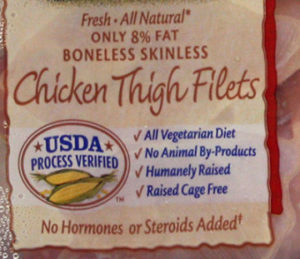
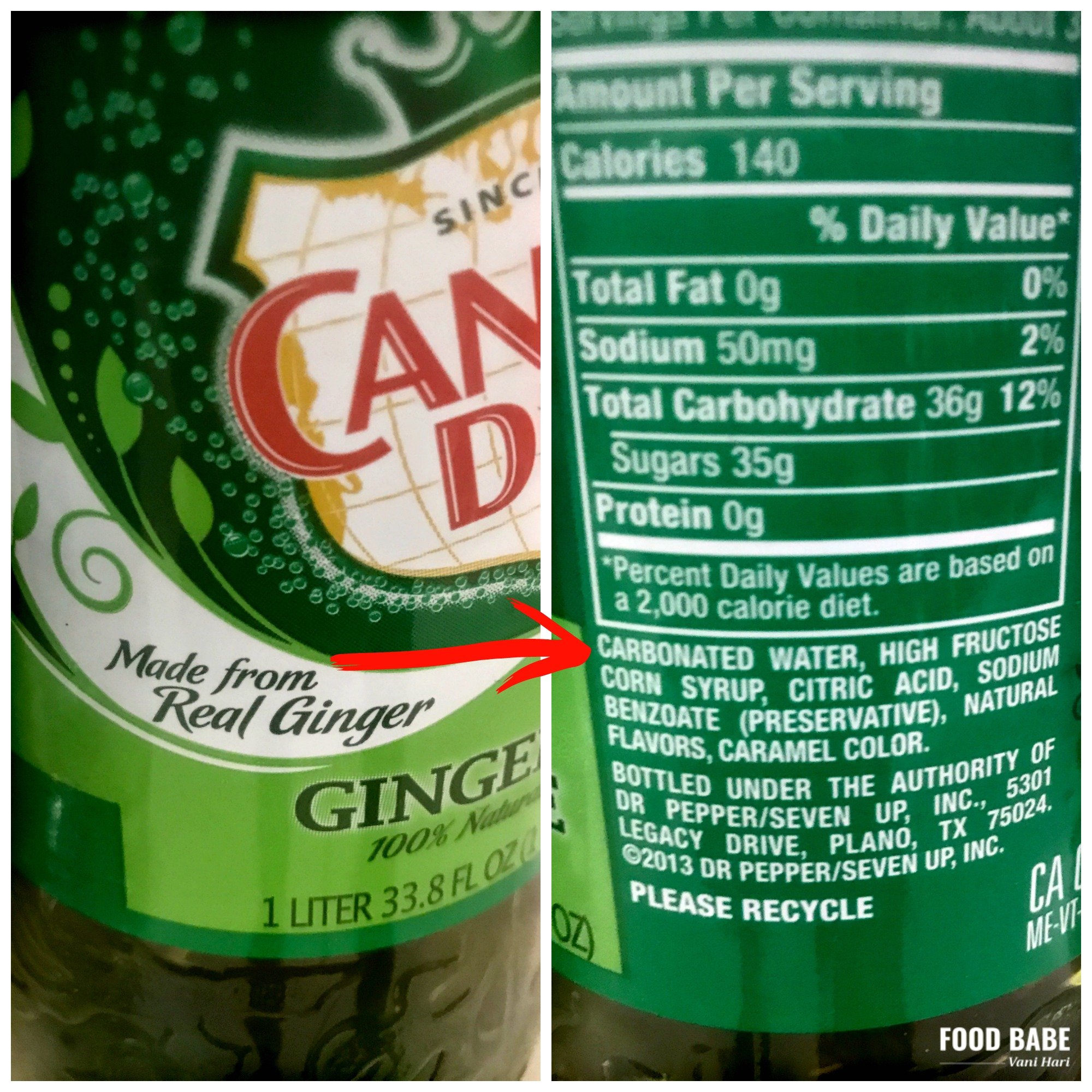

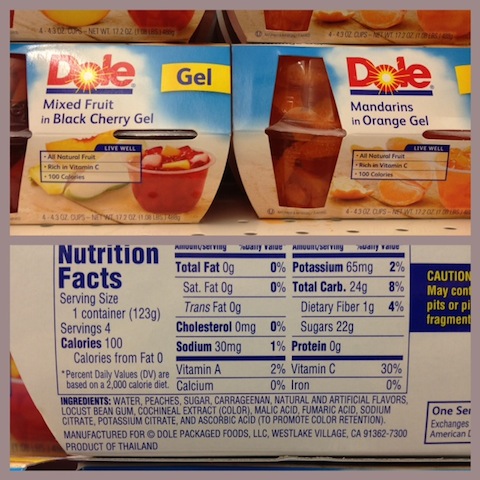
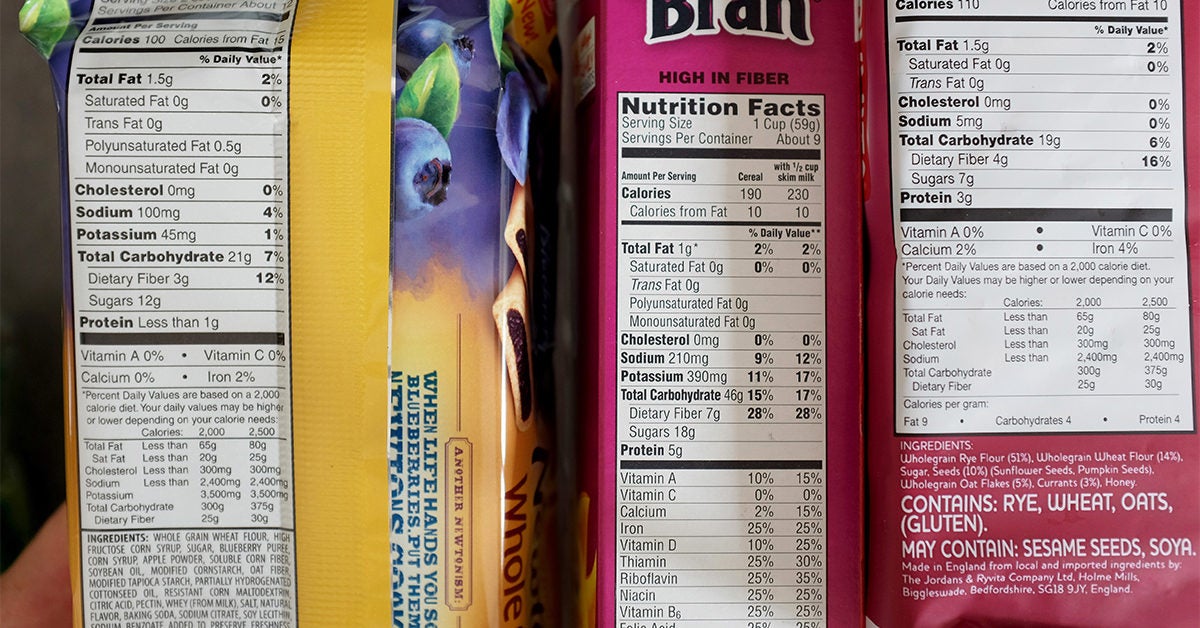



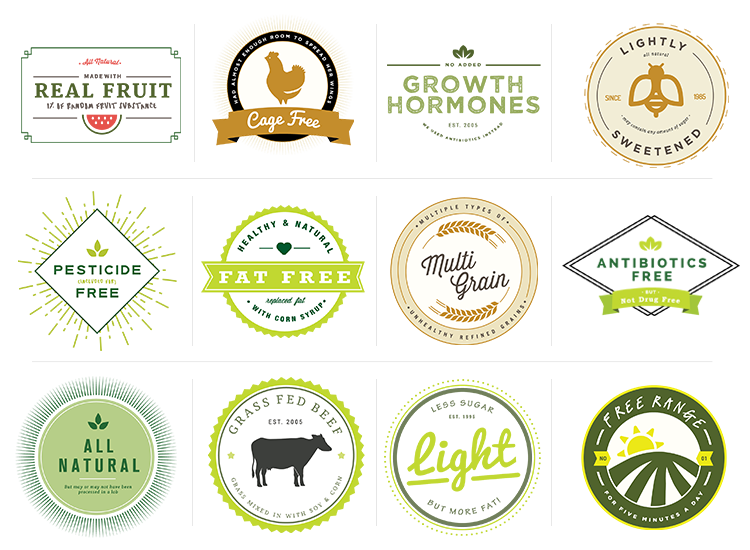
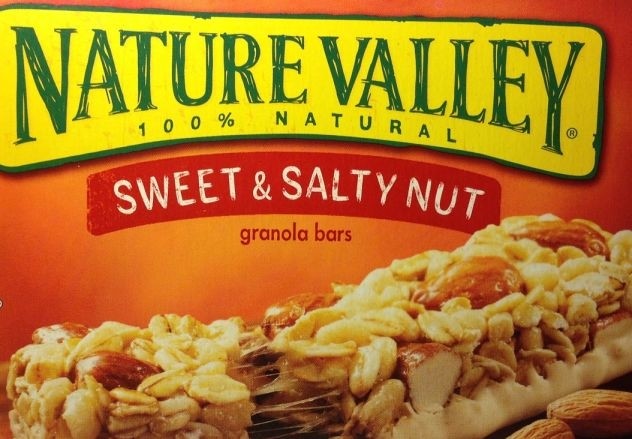

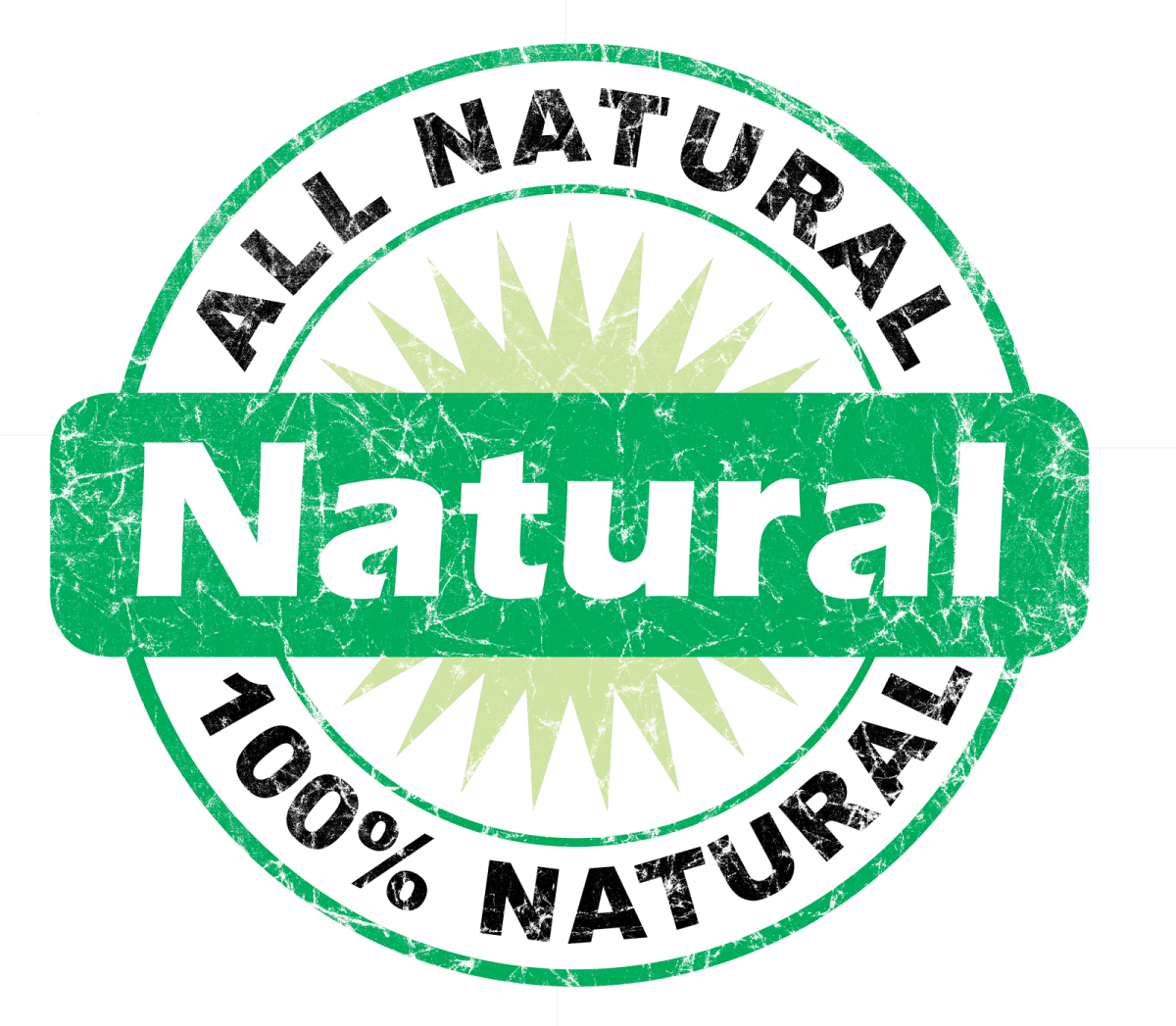
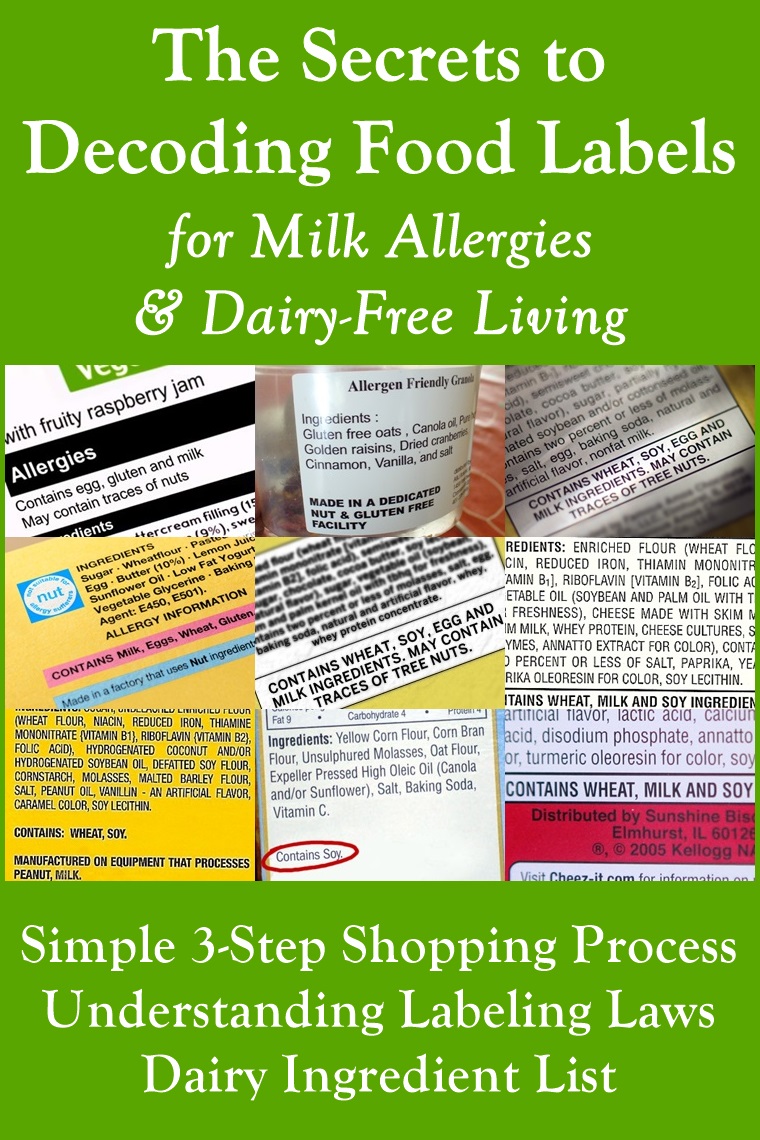

/frame-of-autumn-organic-vegetables-to-prepare-dishes-of-eggplant-on-white-wooden-table-top-view-611689334-5967e09c5f9b582c3564cea4.jpg)
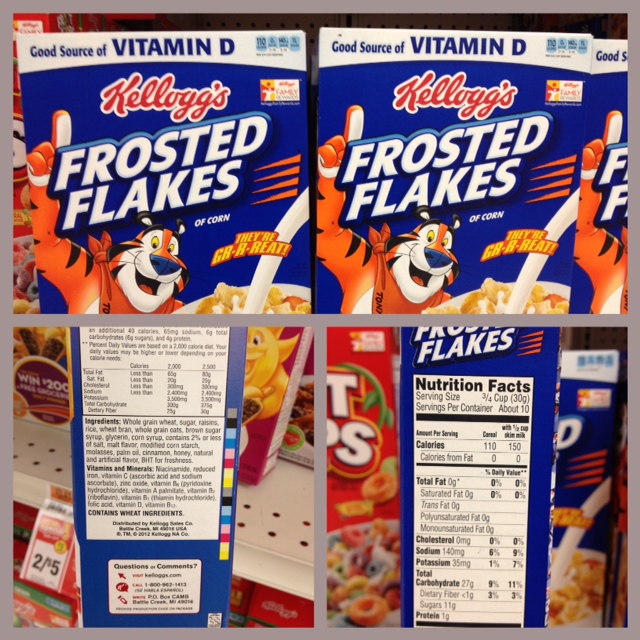
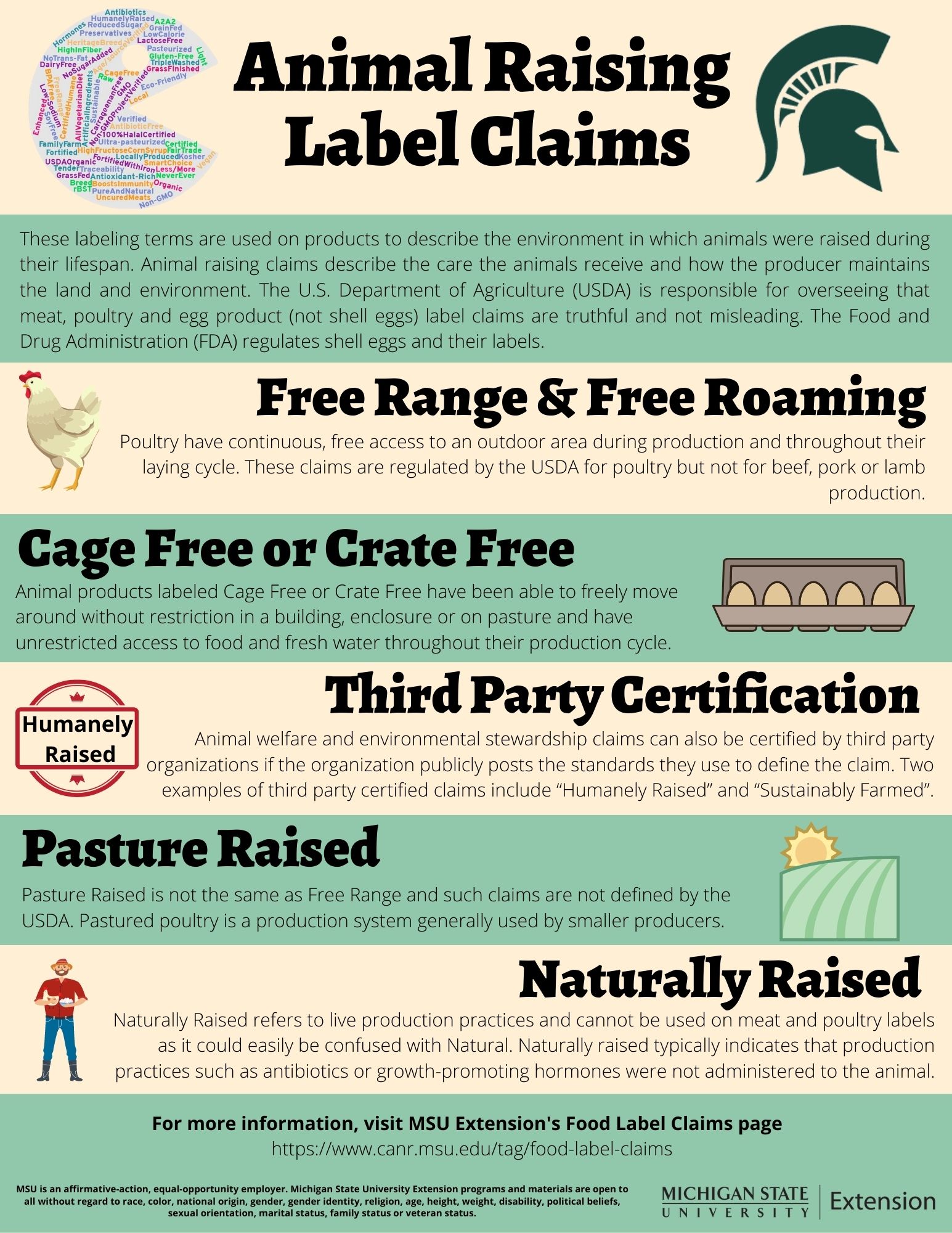
/cdn.vox-cdn.com/uploads/chorus_image/image/34604857/3723711696_3be396a802_o.0.jpg)

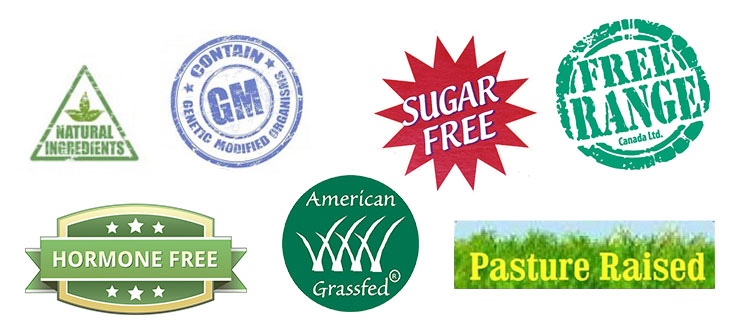

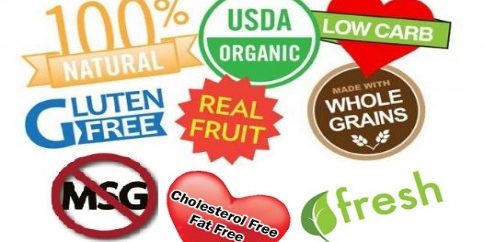


:max_bytes(150000):strip_icc()/juicy-juice-no-sugar-400x400-b1fb04c46e9e4c8392ce8881614c021a.jpg)
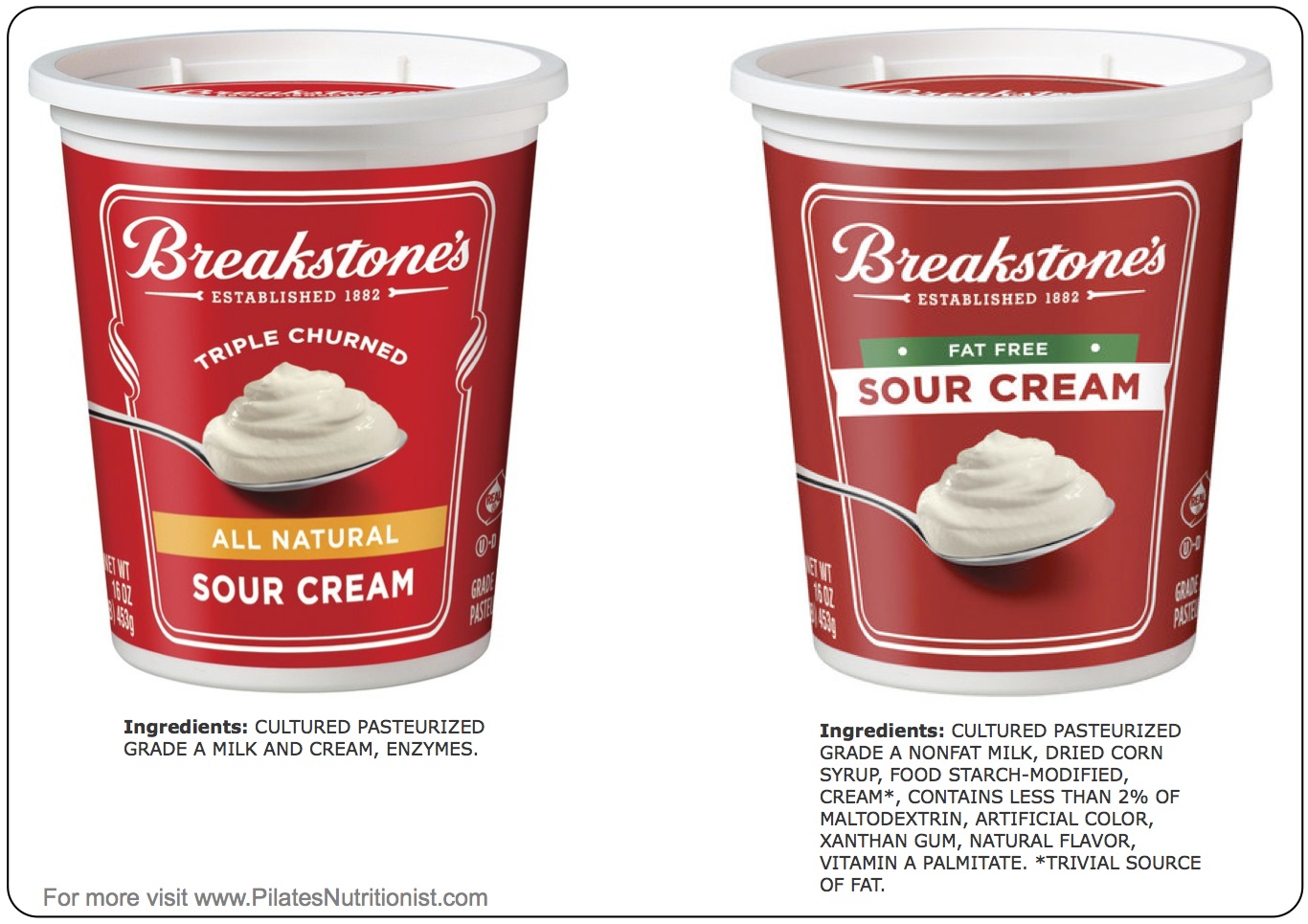
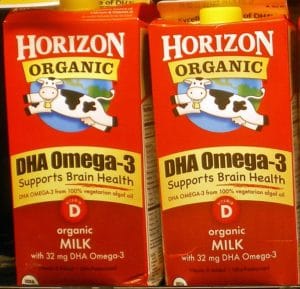
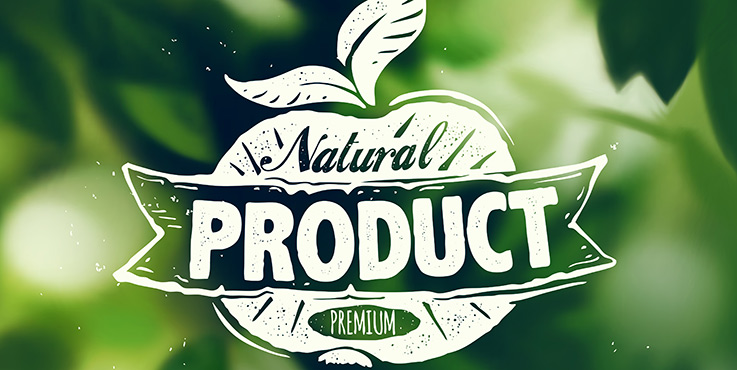

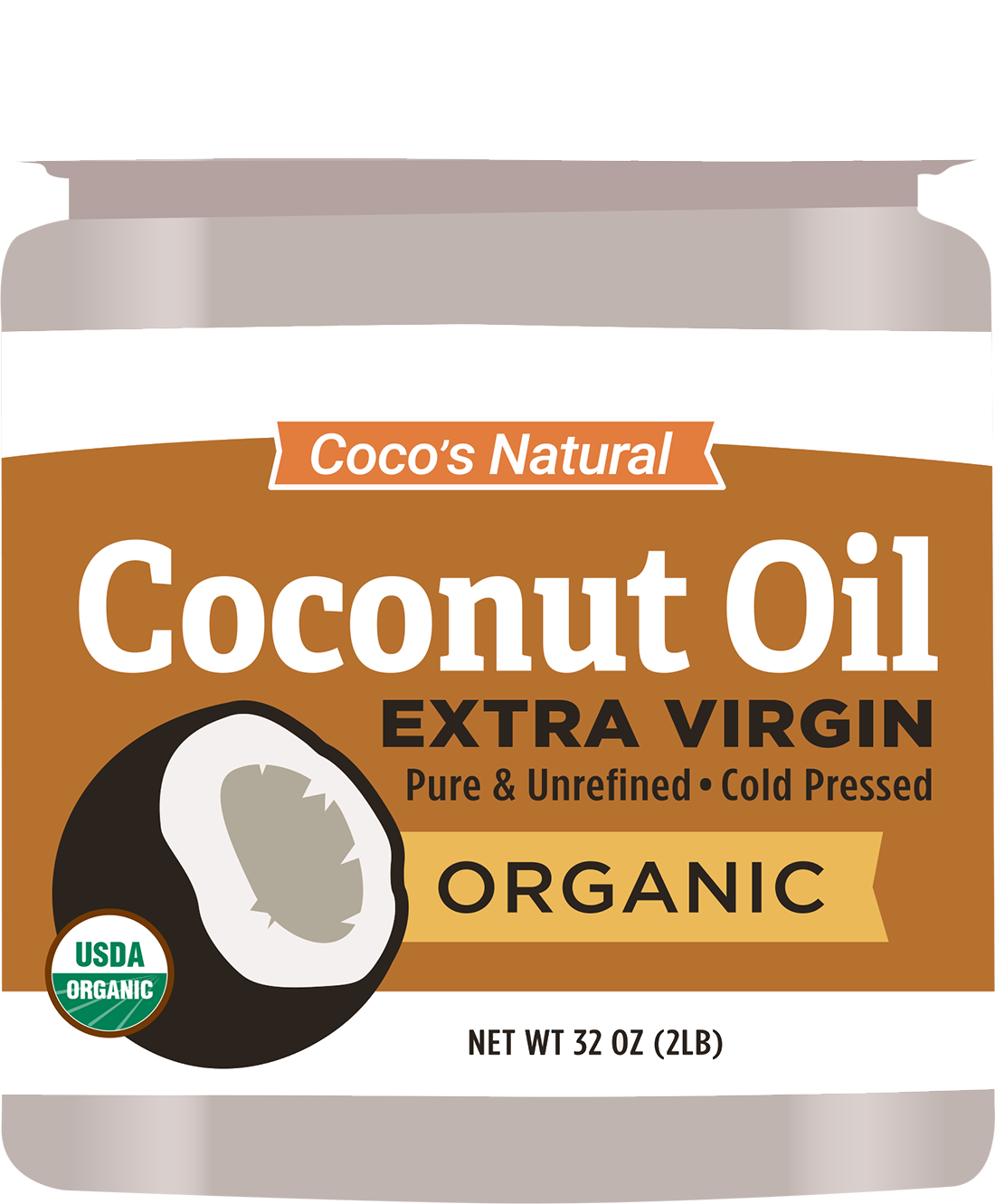

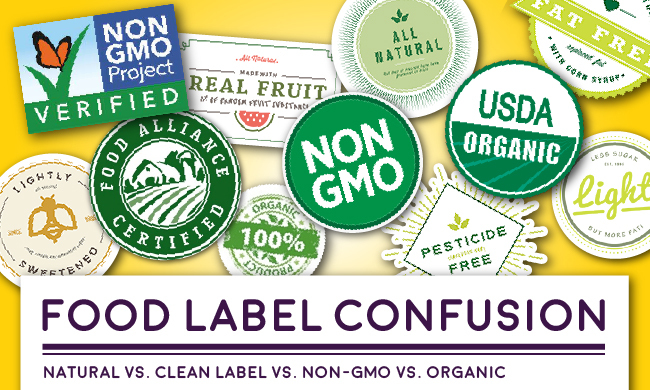



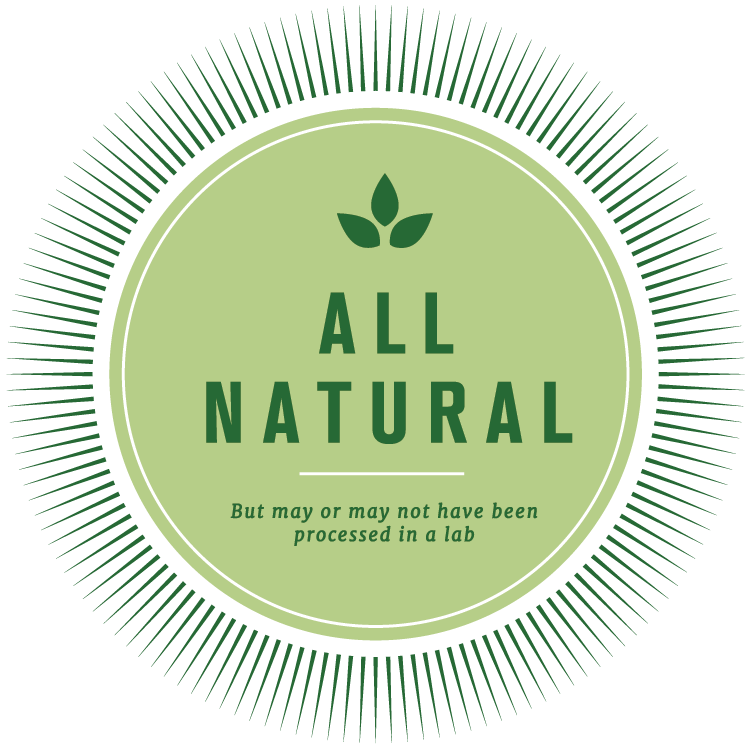


Post a Comment for "44 natural claims on food labels"